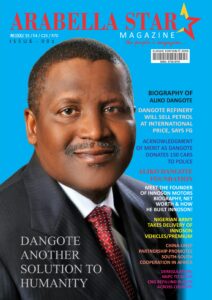
Get your personal copy>>> Click here <<<
Table of Contents
Family and personal life

Aliko Dangote, an ethnic Hausa Muslim from Kano, Kano State, was born on 10 April 1957 into a wealthy Muslim family, the son of Mohammed Dangote and Mariya Sanusi Dantata, the daughter of Sanusi Dantata. He is the great grandson of Alhaji Alhassan Dantata , the richest West African at the time of his death in 1955.
Education
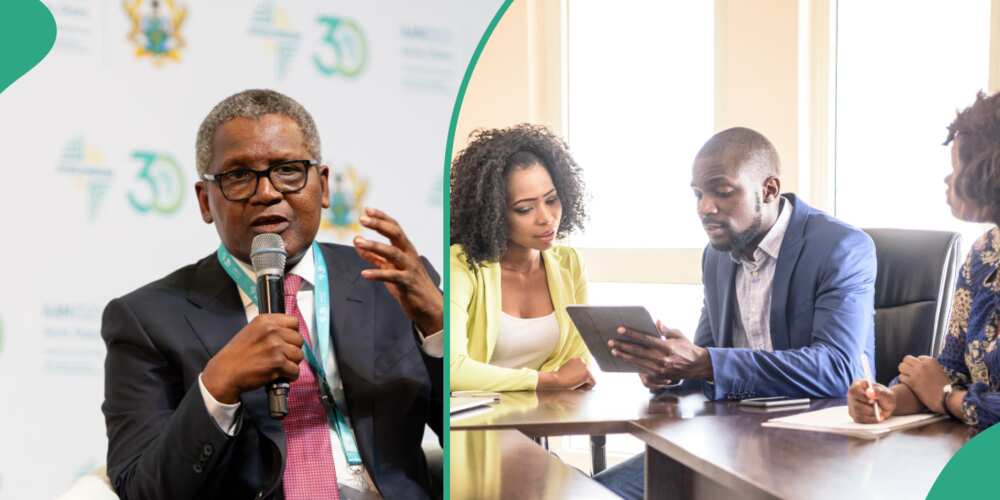
Dangote has said: “I can remember when I was in primary school, I would go and buy
cartons of sweets (candy) and I would start selling them just to make money.
He was so interested in business, even at that time.” Dangote was educated at the Sheikh Ali
Kumasi Madrasa, followed by Capital High School, Kano. In 1978, he graduated from
the Government College, Birnin Kudu. He received a bachelor’s degree in business
studies and administration from Al-Azhar University, Cairo

Aliko Dangote Business career
The Dangote Group was established as a small trading firm in 1977, the same year Dangote relocated to Lagos to expand the company. Today, it is a multi-trillion-naira conglomerate with many of its operations in Benin, Ghana, Nigeria, Zambia and Togo.
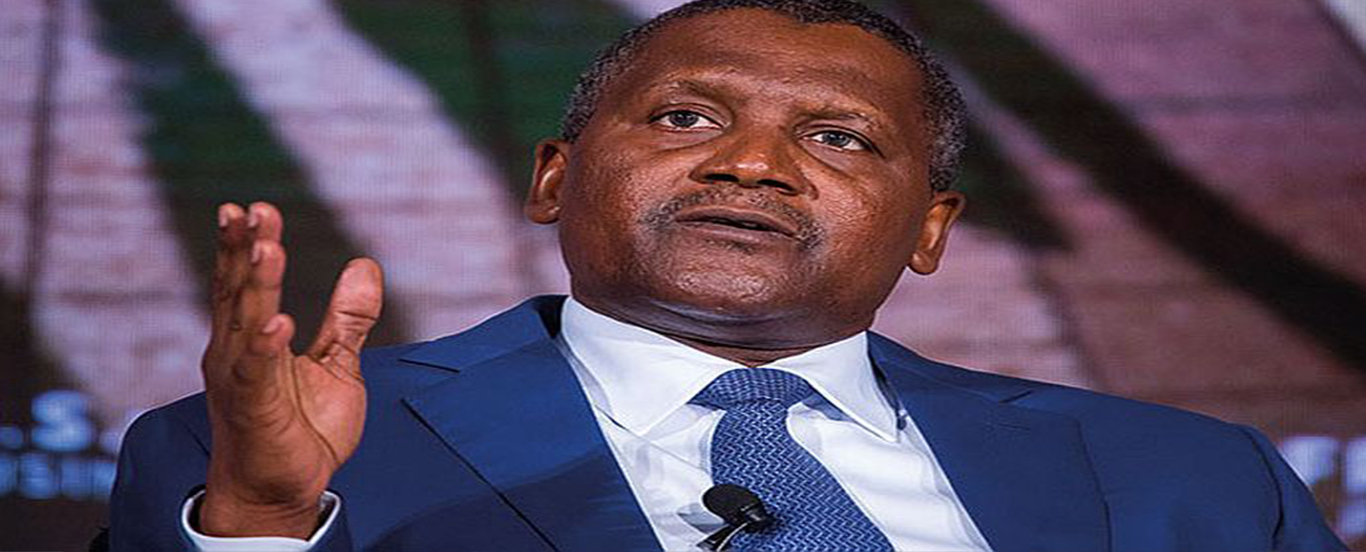
Dangote has expanded to cover food processing, cement manufacturing, and freight. The Dangote Group also dominates the sugar market in Nigeria and is a major supplier to the country’s soft drink companies, breweries, and confectioners.
The Dangote Group has moved from being a trading company to be the largest industrial group in Nigeria including Dangote Sugar Refinery, Dangote Cement, and Dangote Flour.
In July 2012, Dangote approached the Nigerian Ports Authority to lease an abandoned piece of land at the Apapa Port, which was approved. He later built facilities for his flour company there.
In the 1990s, he approached the Central Bank of Nigeria with the idea that it would be cheaper for the bank to allow his transport company to manage their fleet of staff buses, a proposal that was also approved.
He also donated money to the Nigeria sport ministry to renovate the national stadium, Abuja.
In Nigeria today, Dangote Group with its dominance in the sugar market and refinery business is the main supplier (70 percent of the market) to the country’s soft drinks companies, breweries and confectioners.
It is the largest refinery in Africa and the third largest in the world, producing 800,000 tonnes of sugar annually. Dangote Group owns salt factories and flour mills and is a major importer of rice, fish, pasta, cement, and fertilizer.
The company exports cotton, cashew nuts, cocoa, sesame seeds, and ginger to several countries. It also has major investments in real estate, banking, transport, textiles, oil, and gas. The company employs more than 11,000 people and is the largest industrial conglomerate in West Africa.
Dangote has diversified into telecommunications and has started building 14,000 kilometres of fibre optic cables to supply the whole of Nigeria. As a result, Dangote was honoured in January 2009 as the leading provider of employment in the Nigerian construction industry.
He has said, “Let me tell you this and I want to really emphasise it … nothing is going to help Nigeria like Nigerians bringing back their money. If you give me $5 billion today, I will invest everything here in Nigeria. Let us put our heads together and work.
Other activities

Dangote had a prominent role in the funding of Olusegun Obasanjo‘s re-election bid in 2003, to which he gave over N200 million (US$2 Million). He contributed N50 million (US$500 Thousand) to the National Mosque under the aegis of “Friends of Obasanjo and Atiku”.
He contributed N200 million to the Presidential Library. These highly controversial gifts to members of the ruling PDP party have generated significant concerns despite highly publicized anti-corruption drives during Obasanjo’s second term.
Dangote reportedly added $9.2 billion to his personal wealth in 2013, according to the Bloomberg Index, making him the thirtieth-richest person in the world at the time, in addition to being the richest person in Africa.
In 2014, the Nigerian government said Dangote had donated 150 million naira (US$750,000) to halt the spread of ebola.
Aliko Dangote, as well as Femi Otedola, promised to give the Super Eagles of Nigeria US$75,000 for every goal scored in the Africans Cup of Nations (AFCON) 2019.
In March 2020, he donated 200 million Naira for towards curbing the spread of Coronavirus in Nigeria.
Recognition and philanthropy
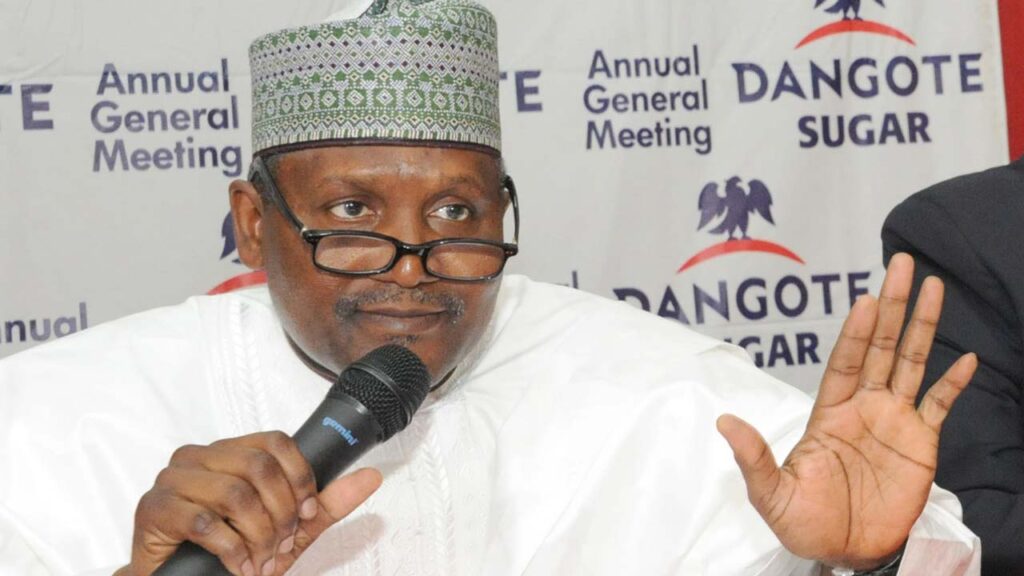
Dangote sits on the board of the Corporate Council on Africa, and is a member of the steering committee of the United Nations Secretary-General’s Global Education First Initiative, the Clinton Global Initiative and the International Business Council of the World Economic Forum.
He was named Co-chair of the US-Africa Business Center, in September 2016, by the US Chamber of Commerce. In April 2017, he joined the Board of Directors of the Clinton Health Access Initiative.
A dedicated philanthropist, Dangote made an initial endowment of $1.25 billion to the Aliko Dangote Foundation in March 2014, enabling it to scale up its work in health, education and economic empowerment.
In addition, he is collaborating with the Bill and Melinda Gates Foundation to fight polio and other issues. He is also on the Board of One Campaign
Expanding the Empire
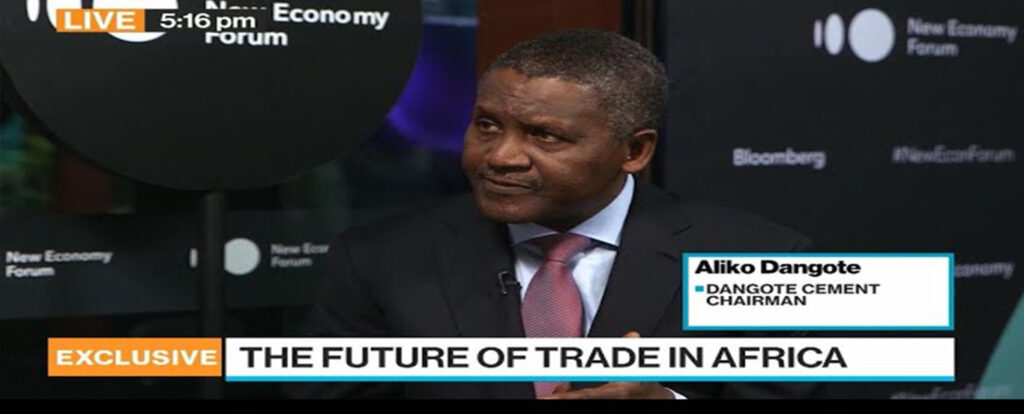
Dangote has always reinvested the majority of his profits back into his businesses–one reason the company has grown so much since inception. During an interview with Al Jazeera News, Aliko Dangote explained, ‘‘we [Dangote Group] are not doing like other Africans who keep most of their money in the bank. We do not keep money in the bank. We fully invest whatever we have and we keep on investing. (sic)’’
Unlike many wealthy Nigerians who made their fortune in oil, Dangote initially chose to go down a different path, but he has since entered the oil and gas industry. In an effort to put some of his cash reserves to work, Dangote purchased an oil refinery in Lagos in 2007. He hopes the refinery, which is scheduled to be at full capacity by the end of 2020, will significantly reduce Nigeria’s reliance on international suppliers for oil and gas. The $10 billion refinery in Nigeria is expected to produce 650,000 barrels of oil per day.
The Bottom Line
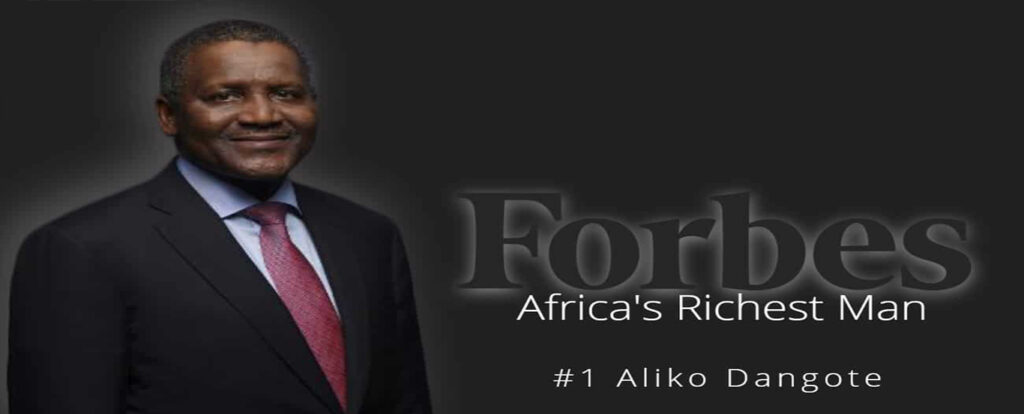
Aliko Dangote’s journey to fortune is not a rags-to-riches story. He came from a wealthy family that was able to provide financial assistance to start his business. Over the years, Dangote has expanded into new business segments, including telecommunications, real estate, and steel manufacturing. Today his holding company, Dangote Group, is the largest conglomerate in West Africa. His title as “richest man in Africa” seems only to be one he’ll hold for years to come.
The Dangote Group
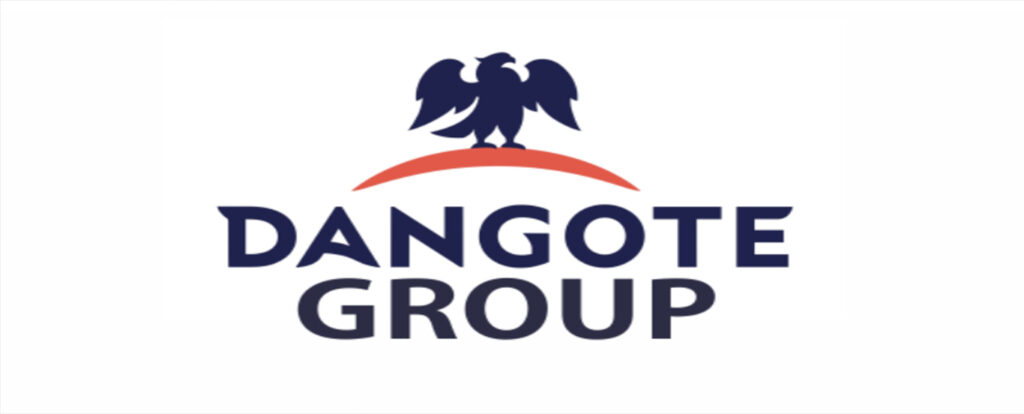
The Dangote Group is a Nigerian multinational industrial conglomerate, founded by Aliko Dangote. It is the largest conglomerate in West Africa and one of the largest on the African continent. The group employs more than 30,000 people, generating revenue in excess of US$4.1 billion in 2017
History

The company was founded in 1981 as a trading enterprise, importing sugar, cement, rice, fisheries, and other consumer goods for distribution in the Nigeria market.
The group moved into manufacturing in the 1990s, starting with textiles, moving onto flour milling, salt processing and sugar refining by the end of the decade. The company next moved into cement production, growing rapidly and moving into other African countries.
A high degree of vertical integration is a hallmark of Dangote Group’s operating strategy.
The group now owns and operates over 18 subsidiaries, operating in ten African countries. Dangote Cement, is one of these subsidiaries that is listed on the Nigerian Stock Exchange, with its market capitalization accounting for almost 20 percent of the total capitalization of the Nigerian Stock Exchange. Dangote Group is headquartered in Lagos.
In 2016, Dangote signed a contract with CNOOC group for the installation of a large underwater offshore pipeline. The pipeline, when completed will extend from Bonny (Rivers State) through Ogedegbe, Olokola to Lekki and the Escravos Lagos pipeline, finally terminating at the West Africa Gas Pipeline.
Overview

The origin of the group began in the late 1970s, when Aliko Dangote after receiving a $3,000 loan from an uncle, established a venture that traded consumer goods such as sugar between the years 1978 and 1980, before gradually expanding into trading other commodities such as rice.
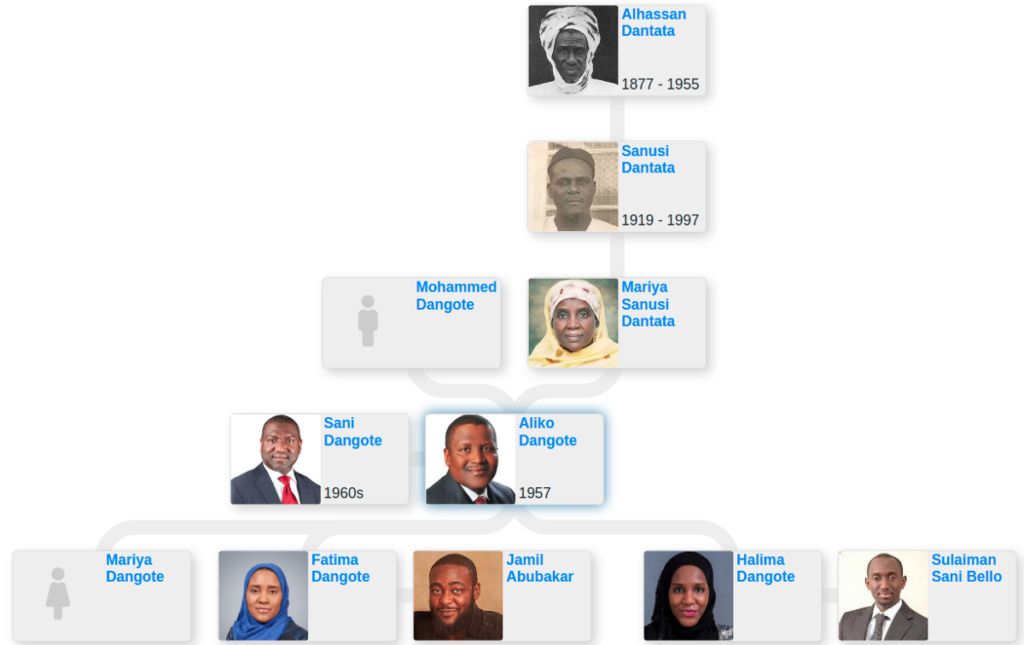
Dantata Dynasty
In 1981, he established two business enterprises, Dangote Nigeria Limited, and Blue Star Services, this was a period when import licenses were required to import bulk commodities, the firm then sought to acquire import licenses for various commodities including steel, baby food, and aluminum products.
He then added the shipping and the importing of cement to his group’s portfolio. Dangote competed (and competes) with Lafarge, a French company that imported and produced the bulk of African cement.
When the import license era was discontinued in 1986, the firm concentrated in bulk importing of salt, sugar, and rice and gradually reduced its cement business.
Manufacturing
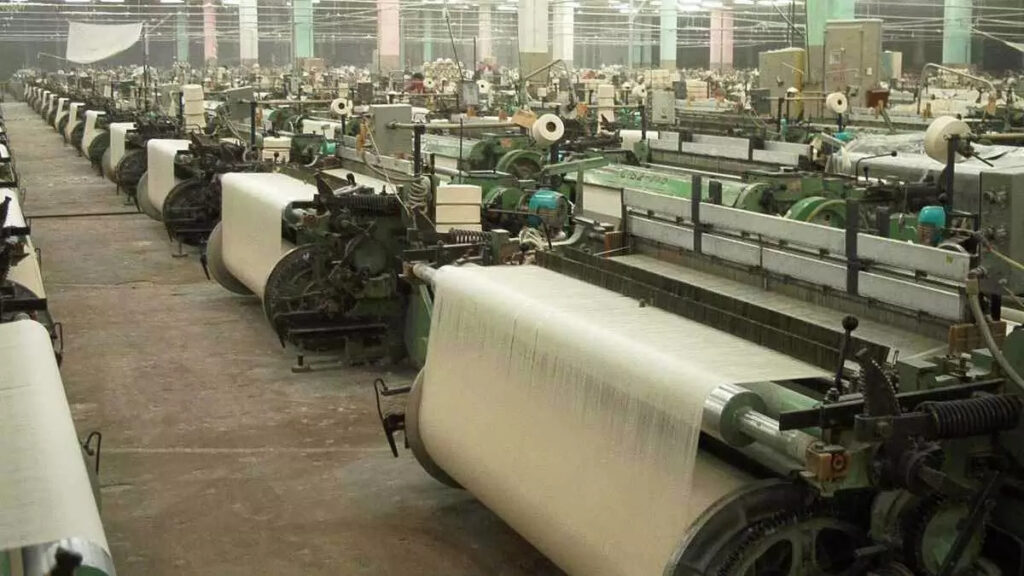
The group’s first foray into manufacturing began in 1989 with textiles Mills Limited, operating two operations, a textile weaving mill in Kano and the Nigerian Textile Mills Limited’s plant in Lagos.
Beginning in 1997, following a decline of the textile sector, the company concentrated on manufacturing consumer goods it was importing into Nigeria such as sugar refining and flour milling, with the former it competed against imported products from Brazil and Europe.
One of the biggest distributors of sugar in Nigeria, Dangote sugar refinery began local production in 1999.The strategy towards backward integration led to the establishment of a pasta plant and also flour milling to supply raw materials for making pasta.
The company then invested in a cement manufacturing venture at Obajana, Kogi State, with an aggressive strategy, the Obajana plant began production with 5 million tonnes of cement, the group then invested funds in another cement operation at Ibeshe, Ogun State to shore up the local manufacturing sector from about 2.5 million tonnes to up to 8 million tonnes.
To reduce economic and political risk within the country, the group began looking for opportunities to expand beyond Nigeria. The company’s strategy then focused on continental expansion with the building and acquisition of cement plants in African countries.
Today, Dangote Group is a diversified conglomerate, headquartered in Lagos, with interests across a range of sectors in Africa. Current interests include cement, sugar, flour, salt, seasoning, pasta, beverages and real estate, with new projects in development in oil and natural gas, telecommunications, fertilizer and steel.
Competitors in both Nigeria and other portions of Africa include Stallion Group. Adenike Fajemirokun is the chief risk officer.
Subsidiary companies

Dangote Cement, the largest cement production company in Africa, with a market capitalization of almost US$14 billion on the Nigeria Stock Exchange, has subsidiaries in Benin, Cameroon, Ghana, Nigeria, South Africa and Zambia.
In December 2010, the group signed an agreement with the Government of Zambia to construct a US$400 million cement plant in Zambia. It was completed in 2015 and is located in Ndola, The plant produces 42.5-grade cement to compete against the lower-grade but dominant 32.5 products in the market, the new plant is expected to have an annual output of 1.5 million metric tons of cement.
Dangote Sugar is another major subsidiary of Dangote, competing with Bua Refinery Ltd. and Golden Sugar Co. Dangote Sugar is the largest sugar refining company in sub-Saharan Africa.
Petrochemicals

The group has also diversified into oil and gas-related ventures, establishing a 3 million tonnes fertilizer plant, petroleum refinery capable of refining 650,000 barrels of oil and a petrochemical operation.
Dangote Refinery is expected to begin operations in the early 2020s, and will be the largest refinery in Africa at full capacity.

Nigerian Businesses
| Firm | Interest | Sector |
| Dangote Sugar | Consumer goods | |
| Dangote Pasta | Consumer goods | |
| National Salt Company (NASCON) | Consumer goods | |
| Dangote Classic Seasoning | Consumer goods | |
| Dangote Oil and Gas | Business support | |
| Dansa Foods | Agro-allied | |
| Dangote Transportation | Logistics | |
| Dangote Agro-sacks | Business support | |
| Greenview Development | Port management | |
| Savannah Sugar | Agro-allied | |
| MHF Properties | Property development |
Awards
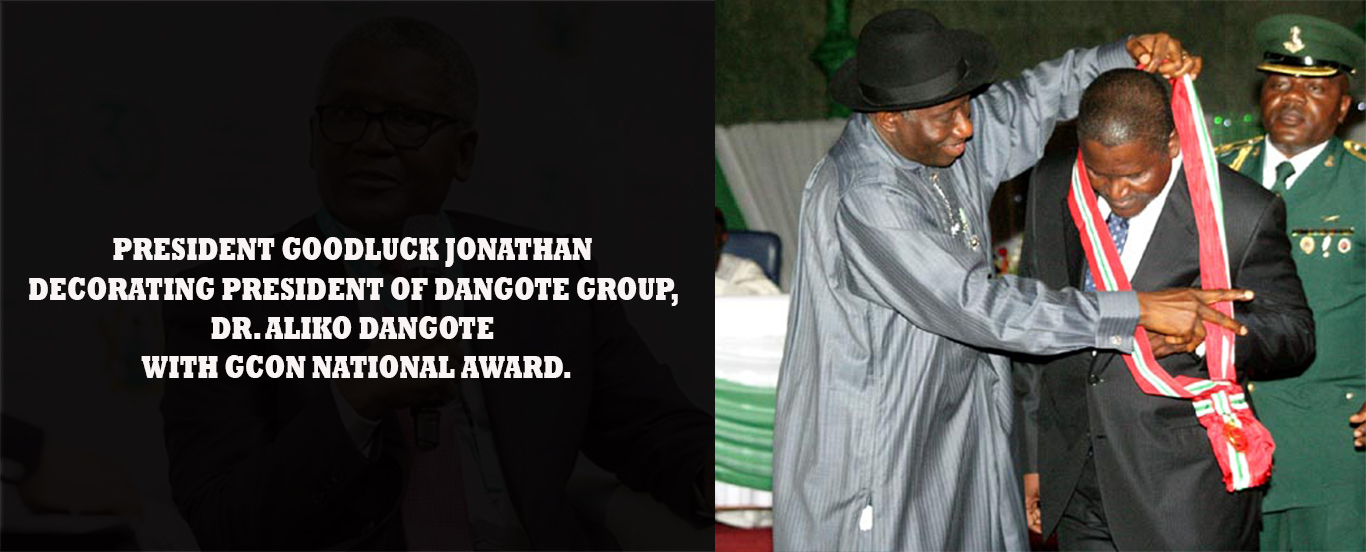

List of Awards presented to Aliko Dangote
- Dangote was awarded Nigeria’s second-highest honour, the Grand Commander of the Order of the Niger (GCON) by the former president, Goodluck Jonathan.
- Dangote was named as the Forbes Africa Person of the Year 2014.
- For six consecutive years, 2013,2014, 2015, 2016,2017, and 2018 Forbes listed him as the ‘Most Powerful Man in Africa’.
- In 2014, he was listed CNBC‘s ‘Top 25 Businessmen in the World’ that changed and shaped the century.
- In April 2014, TIME Magazine listed him among its 100 Most Influential People in the World.
- In October 2015, Dangote was listed among ‘50 Most Influential Individuals in the World’ by Bloomberg Markets.
- He won ‘The Guardian Man of the Year 2015’.
- He won the ‘2016 African Business Leader Award,’ organised by the Africa-America Institute (AAI)
Aliko Dangote Foundation
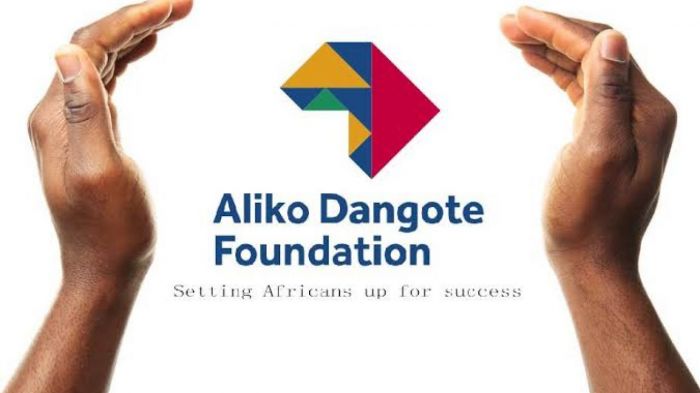
The Dangote Foundation is dedicated to adding value to people’s lives across Africa by facilitating health, education and empowerment initiatives.
Aliko Dangote Foundation (ADF) is the private charitable foundation of Alhaji Aliko Dangote. Incorporated in 1994 as Dangote Foundation, with the mission to enhance opportunities for social change through strategic investments that improve health and wellbeing, promote quality education, and broaden economic empowerment opportunities.
20 years later, the Foundation has become the largest private Foundation in sub Saharan Africa, with the largest endowment by a single African donor. The primary focus of ADF is child nutrition, with wraparound interventions centered on health, education and empowerment, and disaster relief.
The Foundation also supports stand-alone projects with the potential for significant social impact. The Foundation works with state and national governments and many highly reputable international and domestic charities, non-governmental organizations and international agencies to advance its humanitarian agenda.
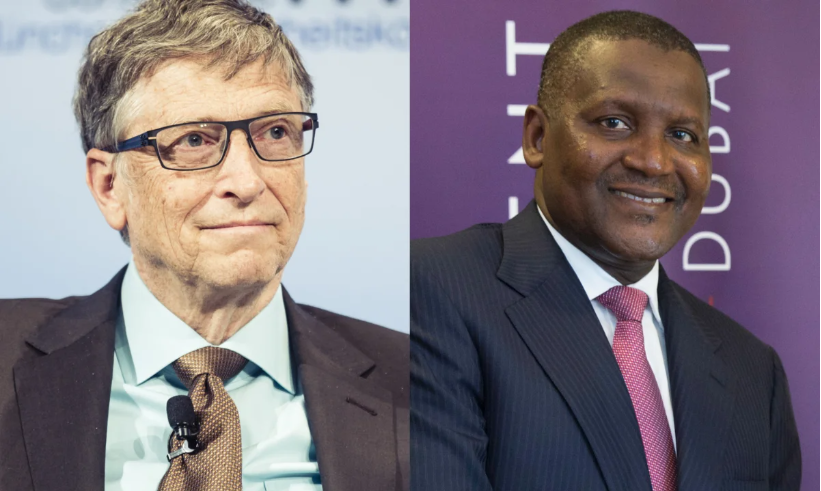
Co-chairman of Bill and Melinda Gates /Alhaji Aliko Dangote Foundation
In one of its biggest collaborations to date, Aliko Dangote Foundation started working in partnership with the Bill and Melinda Gates Foundation and key northern State Governments in Nigeria from 2013 to eradicate polio and strengthen routine immunization in Nigeria.
Enhancing opportunities for social change
KEY TAKEAWAYS
- Aliko Dangote has been the richest man in Africa for nine years in a row, with a net worth of more than $10 billion.
- Dangote’s fortune is primarily built from his company, Dangote Cement, although he started his business empire from selling commodities such as sugar, salt, and flour.
- While he grew up upper-class, Dangote was entrepreneurial from a young age and started his first business with a loan from his uncle.
- Check Aliko Dangote on Wikipedia click here

